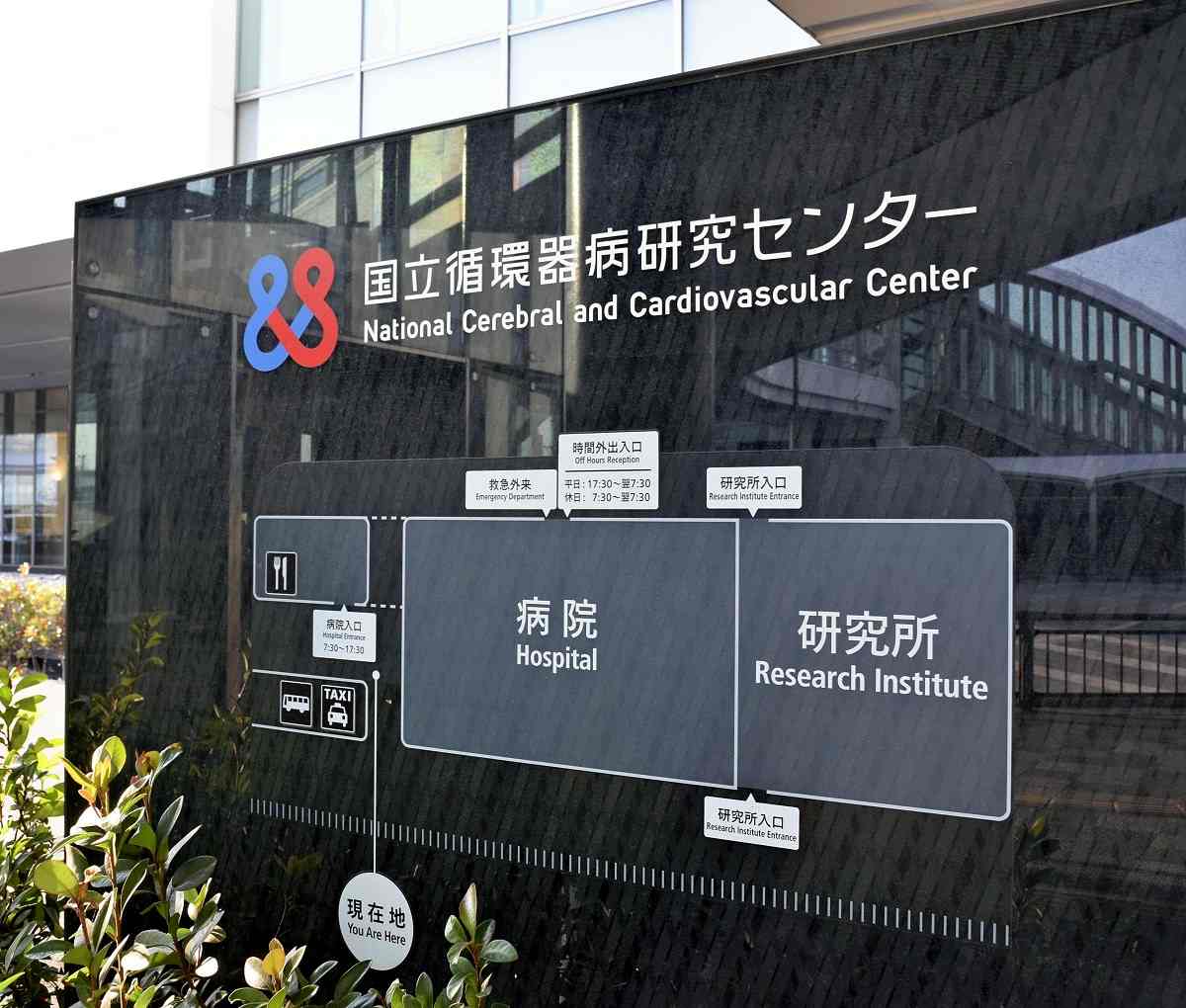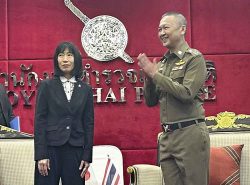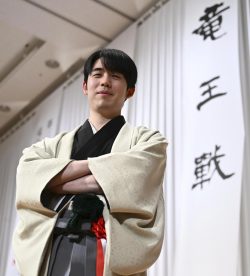Organ Transplants in Japan Concentrated at Certain Hospitals; Experts Seek Greater Coordination to Ensure Fair Provision

The National Cerebral and Cardiovascular Center
1:00 JST, June 13, 2024
Organ donations in Japan are complicated by the fact that they are concentrated at certain hospitals, according to a recent survey conducted by the Japanese Society for Heart Transplantation (JSHT).
The survey found that 16 hearts from brain-dead patients were declined by two hospitals in 2023. As the number of donated organs from brain-dead patients grows, transplant facilities need to closely coordinate with one another in order for organ transplants to be conducted equitably.
Transplant societies specializing in kidneys and other organs also plan to conduct their own surveys. This may reveal more donations that were declined by facilities for various reasons of their own.
“We will make every effort to ensure that donations are not declined due to a facility’s particular situation,” Yoshiki Sawa, an executive of the JSHT, said Tuesday at an online press conference. “We believe that transplants will be performed smoothly if we create a system that allows patients on a waiting list to be sent elsewhere when the facility [where they have registered for a transplant] cannot accept an organ.”
The National Cerebral and Cardiovascular Center ― where the first case of a declined donation was revealed ― specializes in heart and brain ailments, attracting patients from all over Japan. Located in Suita, Osaka Prefecture, the center had to turn down the organ because it was offered several hearts at around the same time.
The center accepted three hearts and then was offered another. However, it could not find a surgeon to transplant the fourth heart, resulting in its declining the offer.
Last year, the center performed 32 heart transplants, the most in Japan.
The University of Tokyo performed the largest number of lung and liver transplants in the nation last year. It has many patients on waiting lists for heart, lung and liver transplants and has received a number of organ donations.
To strike a balance with non-transplant surgeries, the hospital has such in-house rules as not performing a transplant the day after two such operations have been performed. Many of the 15 organs that the hospital turned down in 2023 were declined due to this rules.
Respect order on waiting list
Patients on a waiting list, in principle, undergo a transplant at the facility where they have registered in advance. This has led facilities to decline donations for reasons including staff shortages.
The Japan Organ Transplant Network (JOT) maintains a prioritized waiting list of patients, based on factors such as how long they have been waiting and the severity of their condition. It asks hospitals to direct organs toward patients from the top of the list.
When an organ is declined, whether it can be sent to a patient at another hospital who is further down the waiting list is considered.
Mureo Kasahara, executive director of the National Center for Child Health and Development, specializes in transplant medicine. “A system must be established that allows patients to receive a transplant at another facility, or that dispatches backup doctors between facilities even if the facility [where patients registered] is not ready to accept an organ,” Kasahara said.
There have been cases in which patients or organs were sent to other transplant facilities. In one case reported Friday at a meeting of the Japanese Liver Transplantation Society in Tokyo, a liver transplant was performed on short notice at a different facility last year when the facility where the transplant was initially scheduled to take place could not perform it.
“The two facilities are in touch on a routine basis, and that’s why the transplant took place,” a person in charge said.
The JSHT is expected to propose an increase in the number of transplant facilities and the introduction of a system to allow patients to register at two such locations.
In Japan, which has fewer organ donors than in Western countries, opportunities to receive a transplant are limited.
“We’re waiting, believing that my child’s turn will come fairly,” said a parent of someone who has been waiting more than three years for a heart transplant. “It would be absolutely unbearable if my child’s life was lost after a facility declines an organ donation.”
University of Tokyo Prof. Shigeto Yonemura, who specializes in medical law, said: “Respecting the order on a waiting list is a basic premise to maintain fairness in medical transplants. It will be important in the future to train transplant personnel and increase the number of relevant facilities.”
Top Articles in Society
-

JAL, ANA Cancel Flights During 3-day Holiday Weekend due to Blizzard
-

Australian Woman Dies After Mishap on Ski Lift in Nagano Prefecture
-

Record-Breaking Snow Cripples Public Transport in Hokkaido; 7,000 People Stay Overnight at New Chitose Airport
-

Foreign Snowboarder in Serious Condition After Hanging in Midair from Chairlift in Nagano Prefecture
-

Train Services in Tokyo Resume Following Power Outage That Suspended Yamanote, Keihin-Tohoku Lines (Update 4)
JN ACCESS RANKING
-

Univ. in Japan, Tokyo-Based Startup to Develop Satellite for Disaster Prevention Measures, Bears
-

JAL, ANA Cancel Flights During 3-day Holiday Weekend due to Blizzard
-

Japan Institute to Use Domestic Commercial Optical Lattice Clock to Set Japan Standard Time
-

China Confirmed to Be Operating Drilling Vessel Near Japan-China Median Line
-

China Eyes Rare Earth Foothold in Malaysia to Maintain Dominance, Counter Japan, U.S.



















